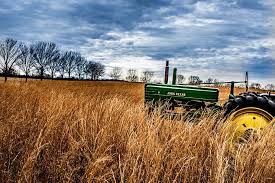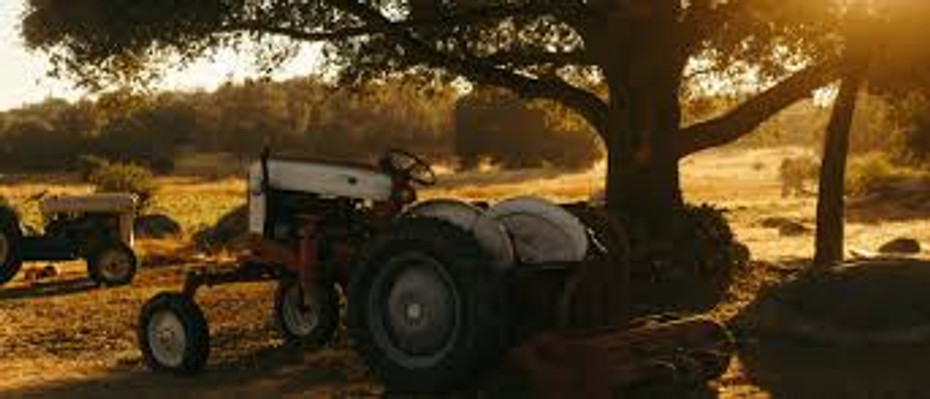
In a world driven by technological advancements and urbanization, the allure of the farming way of life remains timeless. From tilling the soil to reaping the harvest, farming encapsulates a harmonious relationship between humans and nature. It's a way of life that fosters a deep connection to the land, a profound respect for the cycles of life, and a sense of self-sufficiency that resonates through generations. In this blog, we'll explore the beauty and significance of the farming way of life, delving into its rewards, challenges, and the invaluable lessons it teaches.
Reconnecting with Nature
Modern life often keeps us detached from the natural world, but the farming way of life offers a chance to reconnect with the Earth. Farmers engage in a dance with the seasons, planting seeds in spring, nurturing them through summer, and finally reaping the rewards in fall. This cyclical connection to the land fosters a deep appreciation for the intricate balance of nature and a greater understanding of the ecosystems that sustain us.
Hard Work and Fulfillment
Farming is not for the faint of heart. It demands dedication, hard work, and unwavering commitment. From sunrise to sunset, farmers toil in the fields, caring for crops and animals, and overcoming unpredictable challenges like weather fluctuations and pest invasions. This commitment to hard work, however, brings a profound sense of fulfillment. Witnessing a field of green sprouts or a bountiful harvest is a tangible testament to one's labor, nurturing a sense of accomplishment that few other pursuits can match.
Self-Sufficiency and Sustainability
At the core of the farming way of life lies self-sufficiency. Farmers rely on their own land and resources to produce the food that sustains their families and communities. This self-reliance not only fosters resilience but also promotes sustainable practices. By tending to the soil, practicing crop rotation, and embracing organic farming methods, farmers play a crucial role in preserving the environment for future generations.
Lessons in Patience and Adaptation
Farming teaches patience like few other pursuits can. A seed planted today may not yield results for weeks or even months. This teaches farmers the art of waiting, of trusting in the process, and of understanding that growth takes time. Additionally, farming requires adaptation. Nature is unpredictable, and farmers must learn to adjust their strategies to accommodate unforeseen challenges. These lessons in patience and adaptation extend beyond the fields and become life skills that enrich all aspects of existence.

Community and Tradition
The farming way of life often revolves around tight-knit communities where neighbors support one another in times of need. From barn raisings to harvest festivals, these communities foster a sense of belonging and interconnectedness. Traditions passed down through generations bring a sense of continuity and heritage, reminding farmers of the importance of preserving cultural practices that are deeply intertwined with the land.
Conclusion
In a world that rushes forward at an ever-accelerating pace, the farming way of life serves as a poignant reminder of the beauty of simplicity and the power of our connection to the Earth. It's a lifestyle that nurtures not only the body but also the soul, offering lessons in patience, resilience, and the delicate balance of nature. Whether one chooses to become a farmer or simply adopts aspects of this way of life, the principles it embodies are timeless and can inspire us all to embrace a more sustainable and harmonious relationship with the world around us.
 US Dollars
US Dollars


